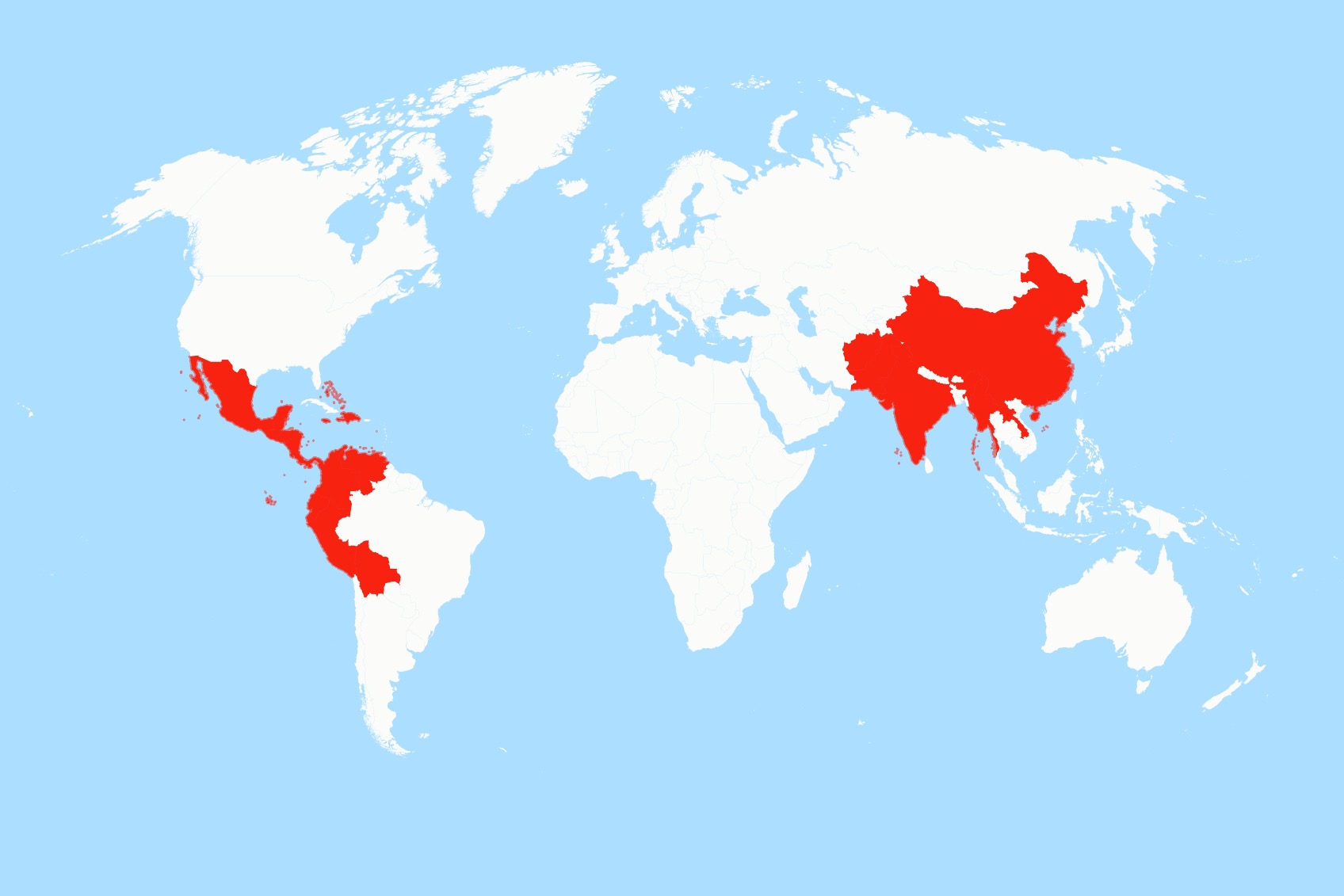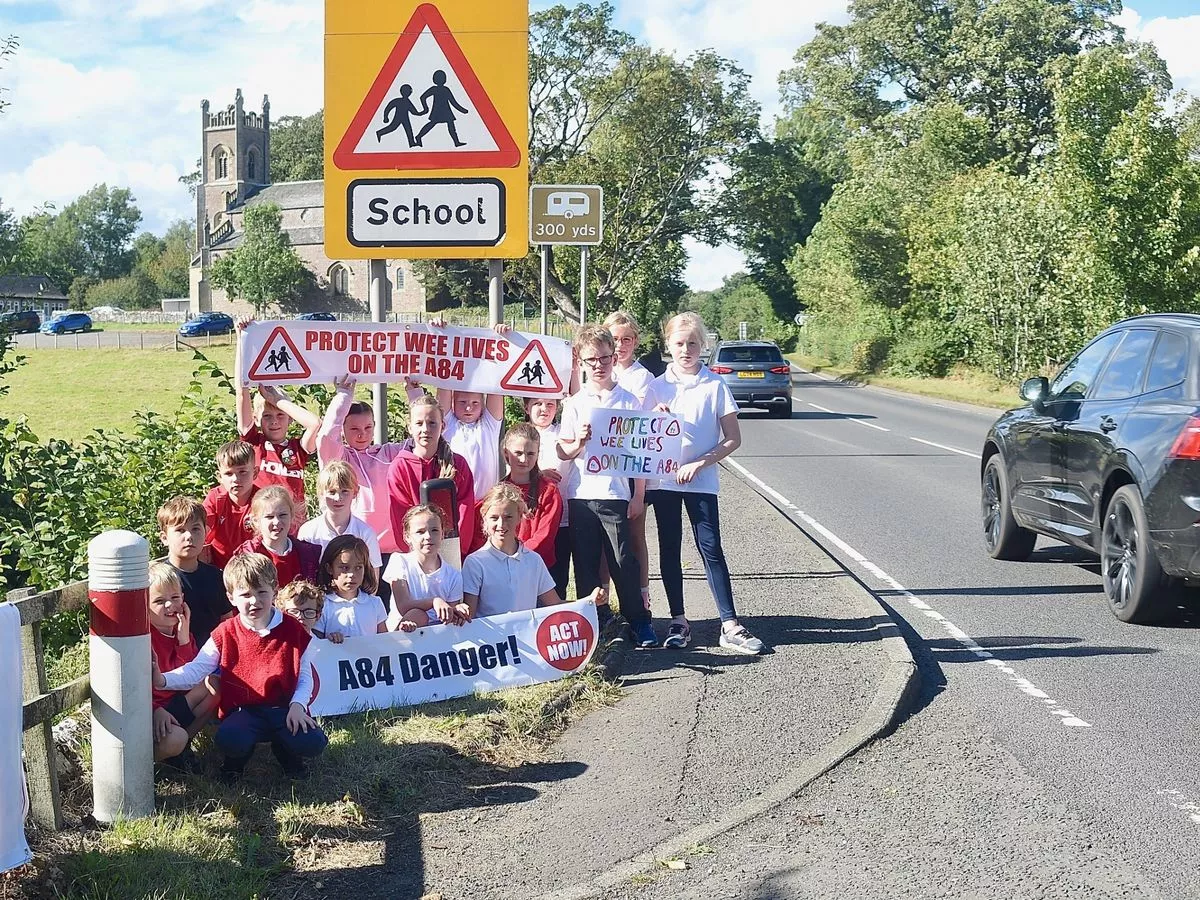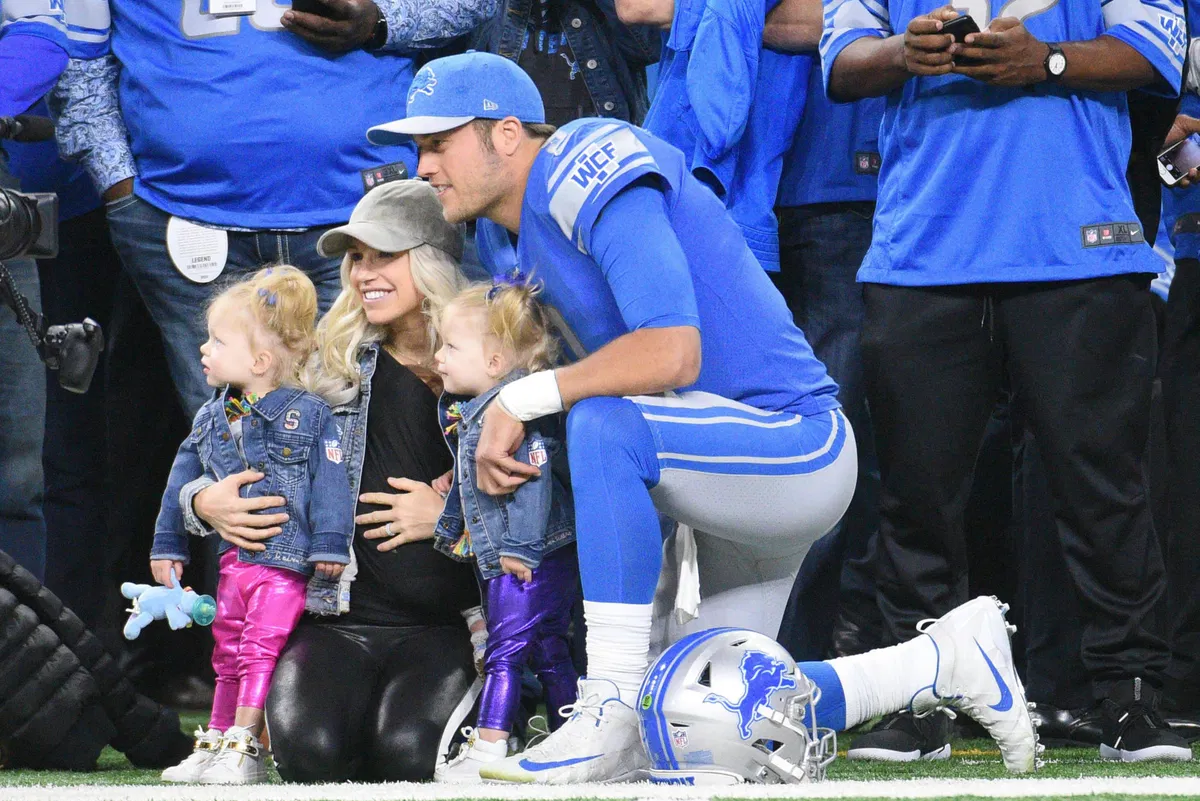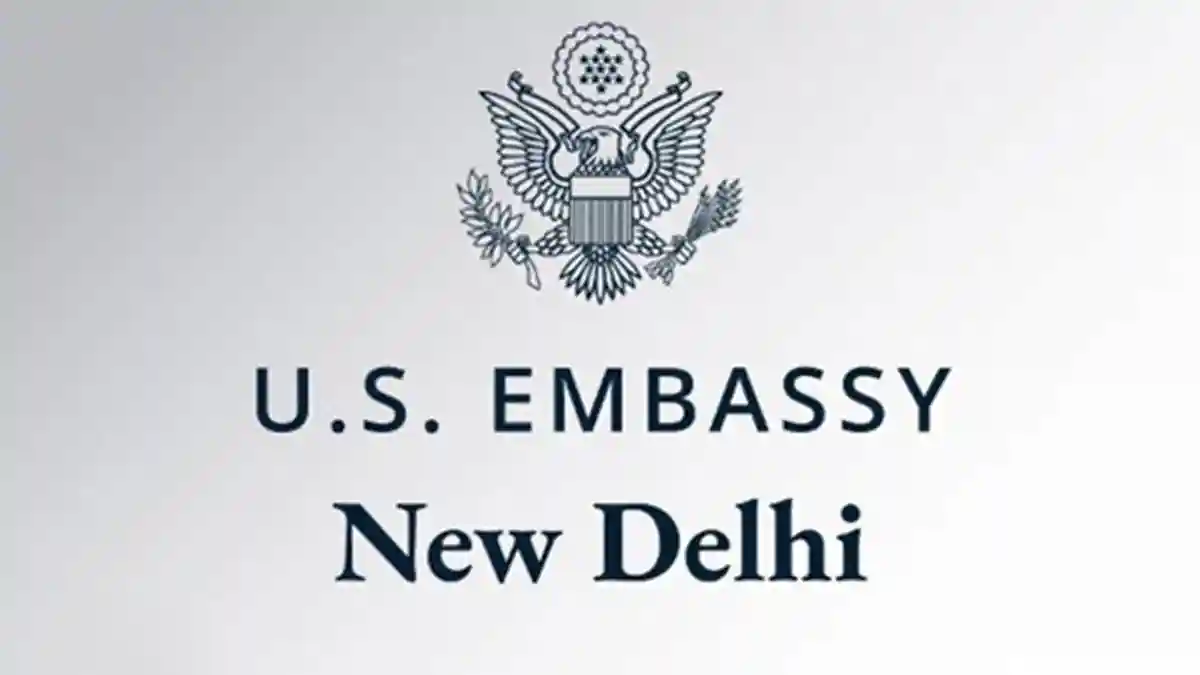
A Newsweek map highlights U.S. travel advisories for countries identified by Washington as major drug transit or illicit drug-producing nations.
President Donald Trump officially designated 23 countries as major drug transit or illicit drug-producing nations for fiscal year 2026, and flagged five—Colombia, Venezuela, Afghanistan, Bolivia and Burma (Myanmar)—for having “failed demonstrably” to meet their counter-narcotics obligations.
Why It Matters
The new designations mark a diplomatic rebuke for some longtime U.S. allies — for example, Colombia was added to the list for the first time in nearly 30 years, while tensions with longtime adversary Venezuela have escalated.
The travel alerts carry real consequences for citizens and travelers, affecting tourism, business and security ties, while signaling Washington’s intent to raise the political cost of failing to meet drug-control commitments.
What To Know
A presidential determination released by the State Department Monday said a country being named on the list did not necessarily reflect counter-drug efforts or cooperation with the U.S., but showed factors remained that allowed drugs or precursor chemicals to be transited or produced.
Colombia has seen a surge in coca cultivation and cocaine production and is designated by the U.N. as the world’s top producer. The country is under a “Reconsider Travel” alert, though some areas carry stricter warnings. U.S. citizens are advised not to travel to the Colombia-Venezuela border region. Colombian President Gustavo Petro criticized the designation.
Other countries in the same travel alert category are Guatemala, Nicaragua, Honduras, Afghanistan, Pakistan and Laos.
Meanwhile, Venezuela is under a “Level 4: Do Not Travel” advisory from the U.S. Department of State and American citizens are advised to leave the country. Myanmar and Haiti are under the same travel alert level.
The U.S. has carried out multiple strikes on vessels it claims are linked to Venezuelan drug cartels, and has increased military presence in the Caribbean, including the deployment of warships and sending F-35 stealth fighter jets to Puerto Rico.
Venezuelan President Nicolás Maduro has announced a drive to mobilize over 8 million citizens, in an effort to counter rising pressure from the U.S.
Mexico is under an “exercise increased caution” travel alert, with some areas under stricter advisory. Trump’s designation statement hailed President Claudia Sheinbaum’s increased cooperation to confront cartels but said “much more remains to be done” regarding cartel leaders, labs and supply chains,
What People Are Saying
President Donald Trump stated in presidential designation submitted to Congress: “For the first time in 4four years, our border is no longer an open sieve for drug terrorist cartels, human traffickers, and all others who would do our country harm. American lives are being saved, with overdose deaths finally starting to recede significantly for the first time in over a decade.”
Venezuelan President Nicolás Maduro: “We are facing extremist currents and Nazi tendencies from the north, which threaten the peace of South America and the Caribbean and continue to attack the rights of our peoples.”
What Happens Next
Trump said he will be deploying “every aspect of American power and unprecedented resources” to defeat drug threats to the country.



